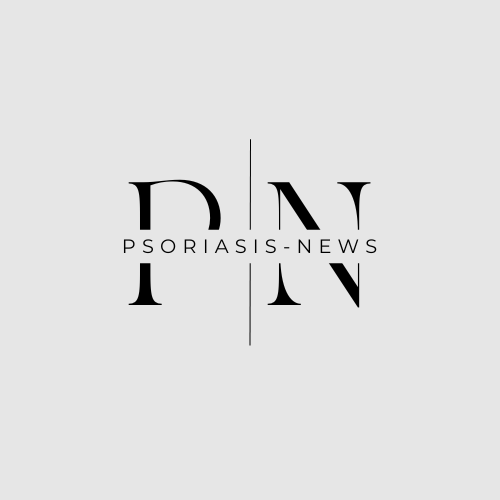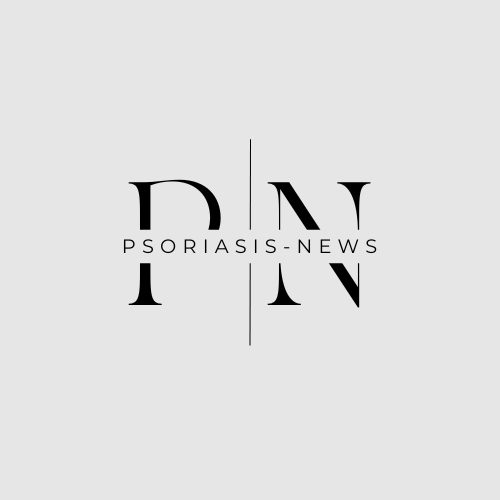Medicine (Baltimore). 2024 May 10;103(19):e38055. doi: 10.1097/MD.0000000000038055.
ABSTRACT
Multiple studies have indicated a potential correlation between immune-mediated inflammatory diseases (IMIDs) and Frozen shoulder (FS). To explore the genetic causal relationship between IMIDs and FS using 2-sample Mendelian randomization (MR) analysis. Genome-wide association study (GWAS) summary data for FS were obtained from Green's study, while data for 10 IMIDs were sourced from the FinnGen Consortium. The MR analysis was performed using inverse variance weighting, MR Egger, and weighted median methods. IVW, as the primary MR analysis technique, was complemented with other sensitivity analyses to validate the robustness of the results. Additionally, reverse MR analysis was further conducted to investigate the presence of reverse causal relationships. In the forward MR analysis, genetically determined 4 IMIDs are causally associated with FS: rheumatoid arthritis (odds ratio [OR] (95% confidence interval [95% CI]) = 1.05 [1.02-1.09], P < .01); type 1 diabetes (OR [95% CI] = 1.06 [1.03-1.09], P < .01); hypothyroidism (OR [95% CI] = 1.07 [1.01-1.14], P = .02); and Celiac disease (OR [95% CI] = 1.02 [1.01-1.04], P = .01). However, no causal relationship was found between 6 IMIDs (autoimmune hyperthyroidism, Crohn disease, ulcerative colitis, psoriasis, sicca syndrome and systemic lupus erythematosus) and FS. Sensitivity analyses did not detect any heterogeneity or horizontal pleiotropy. In the reverse MR analysis, no causal relationship was observed between FS and IMIDs. In conclusion, this MR study suggests a potential causal relationship between rheumatoid arthritis, type 1 diabetes, hypothyroidism, and Celiac disease in the onset and development of FS. Nevertheless, more basic and clinical research will be needed in the future to support our findings.
PMID:38728465 | DOI:10.1097/MD.0000000000038055

